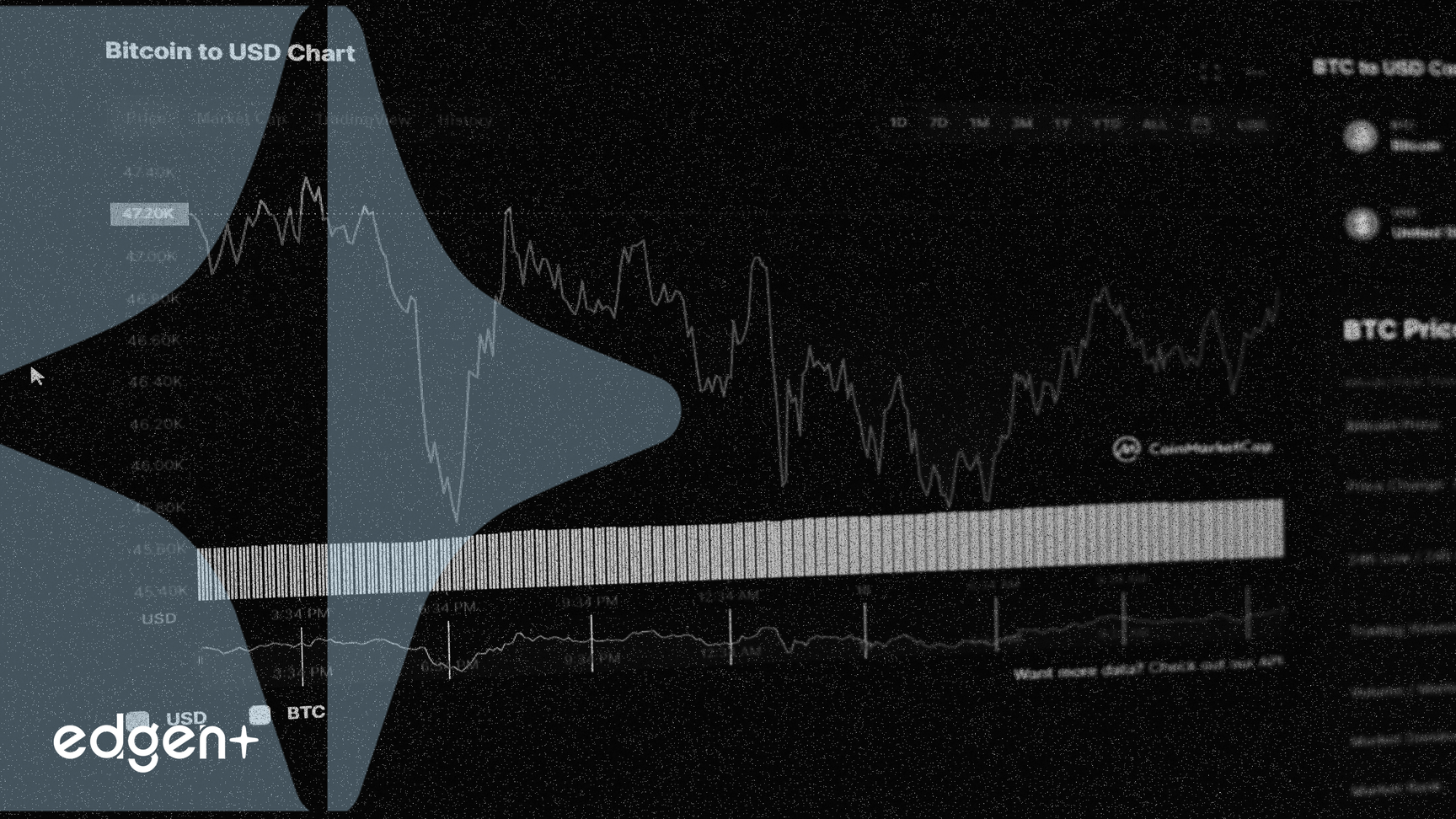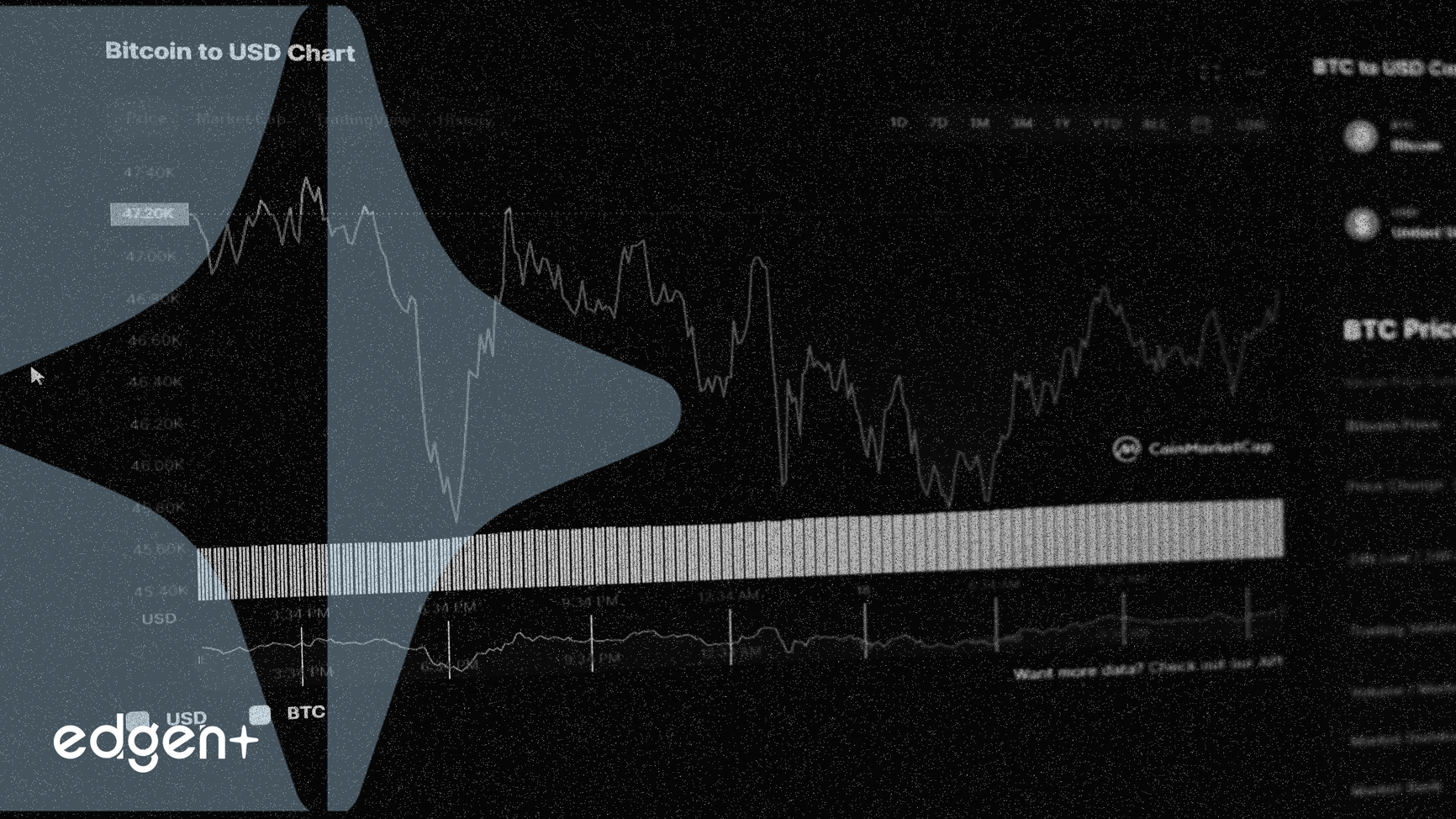Apple’s recent stock rally, fueled by a favorable antitrust ruling and easing tariff concerns, is encountering investor skepticism ahead of its anticipated product unveiling, with particular focus on the company’s artificial intelligence strategy and elevated valuation.
Apple Shares Face Investor Scrutiny Amid Product Unveiling
Apple Inc. (AAPL) has recently experienced a significant surge in its market valuation, adding nearly $430 billion since late July and rallying 38% from an April low. This notable performance was partly underpinned by a favorable antitrust ruling and a general easing of tariff concerns. However, the technology giant’s stock is now facing increased scrutiny as investors anticipate its annual product unveiling, closely examining potential advancements in artificial intelligence (AI) amidst prevailing concerns about the company’s valuation and long-term growth prospects.
The Recent Rally and Key Catalysts
Apple’s substantial market value increase can be attributed to several factors. A pivotal development was the U.S. District Court’s ruling in the Department of Justice’s antitrust case against Alphabet Inc. (GOOGL), Google’s parent company. This decision was widely seen as a significant victory for Apple, preserving Google’s multi-billion dollar annual revenue-sharing agreement, which designates Google as the default search engine on Apple’s Safari browser. This arrangement, estimated to be around $20 billion annually, is a crucial component of Apple’s burgeoning services revenue and reportedly accounts for 15% of Apple’s operating profit. The court’s decision to allow these payments removed a major regulatory overhang that had weighed on Apple’s stock, leading to an immediate positive market reaction, with Apple shares advancing more than 2% on the day of the announcement.
Investor Caution and Valuation Concerns
Despite the recent rally, investor sentiment appears uncertain to cautious. Apple’s stock, trading at approximately 30-times projected profits over the next 12 months, stands as the second-most expensive among the six largest companies in the S&P 500, which includes Nvidia Corp. and Microsoft Corp.. This elevated valuation is a primary source of concern, particularly given projections for a slowdown in revenue growth in the upcoming quarters after a 10% growth in Q3, its fastest in over three years. While Apple’s stock has climbed 38% since April, it remains down over 5% for the year, significantly underperforming the Nasdaq 100 Index’s 13% gain over the same period.
Anticipated Product Unveiling and AI Strategy
Investors are keenly awaiting Apple’s upcoming product unveiling, which is expected to showcase the iPhone 17 series, including a thinner variant and AI enhancements, along with an upgraded Apple Watch and the Vision Pro headset, and AirPods Pro 3 featuring live language translation. However, a significant concern revolves around Apple’s artificial intelligence strategy and the perceived lack of groundbreaking new features. Historically, Apple’s stock has often experienced a "sell-the-news" dip on iPhone launch days, a risk amplified in the current AI-centric market if the event fails to convince investors of substantial progress in AI functionality. Meaningful updates to Siri and other core AI enhancements are reportedly delayed until 2026, raising questions about Apple’s competitive positioning against rivals rapidly integrating AI into their ecosystems.
Broader Market Implications and Analyst Commentary
The broader market implications suggest that Apple’s high valuation and anticipated slower growth have tempered investor interest. The success of the product launch in addressing AI strategy concerns will be crucial for investor sentiment and the stock’s future trajectory. Analyst sentiment for Apple is notably mixed, with fewer than 60% recommending a “buy,” a stark contrast to Microsoft’s 97% buy recommendation. Some analysts suggest the launch could present a profit-taking opportunity, though the stock typically rebounds within 30 to 60 days post-event. Melius Research analyst Ben Reitzes, for instance, maintains a “buy” rating and increased his price target to $290 from $260, anticipating a strong upgrade cycle. Conversely, Jefferies analyst Edison Lee maintains a “hold” rating with a $205.82 price target, indicating that “the good news is already priced in” and expressing concerns about the stock’s valuation given the modest AI advancements.
Looking Ahead
The immediate aftermath of the product unveiling could lead to short-term stock price volatility, potentially manifesting as a "sell-the-news" event. The long-term impact on Apple’s stock will hinge significantly on its ability to demonstrate a compelling AI strategy and introduce truly innovative features that reignite growth and justify its premium valuation. Investors will continue to monitor the company’s ability to navigate tariff and cost pressures, as well as any future announcements regarding genuine AI breakthroughs or new services growth. Apple’s dominant position in the premium smartphone segment, controlling 60-62% of devices priced above $400, provides a solid foundation, but future growth will undoubtedly be influenced by its strategic advancements in the rapidly evolving AI landscape.



